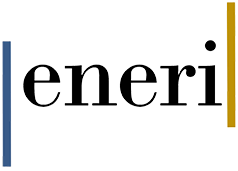What is research integrity?

Research integrity is recognised as the attitude and habit of the researchers to conduct their research according to appropriate ethical, legal and professional frameworks, obligations and standards. It describes an approach for conducting and organising good scientific work.
The main actors in the research intergity field are researchers, funders, publishers, ombudspersons and research integrity offices. ENRIO, the European Network of Research Intergity Offices, brings many of the main actors together. For more information click here.
One of the most important documents in the field of research integrity is The European Code of Conduct for Research Intergity (EcoC) published by ALLEA (who is one of ENERIs main partners).
In this code four fundamental principles of research integrity are named. These are:
- Reliability in ensuring the quality of research, reflected in the design, the methodology, the analysis and the use of resources.
- Honesty in developing, undertaking, reviewing, reporting and communicating research in a transparent, fair, full and unbiased way.
- Respect for colleagues, research participants, society, ecosystems, cultural heritage and the environment.
- Accountability for the research from idea to publication, for its management and organisation, for training, supervision and mentoring, and for its wider impacts.
For more information, please read the ENERI e-Manual.

